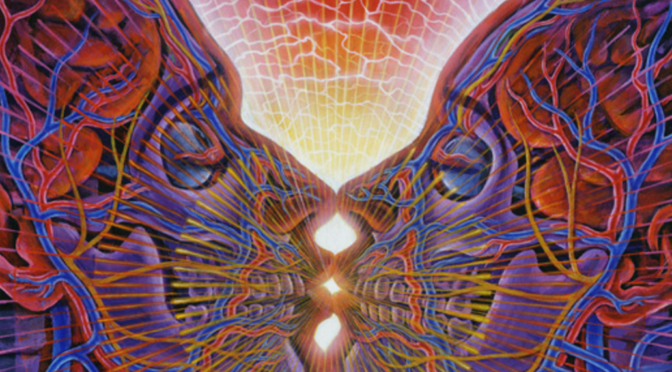In the world of romance, a kiss is considered sacred. A passionate kiss is seen as the ultimate mark of attraction and compatibility between two people. The general consensus is, all will likely go well if the kiss goes well. So why is it that only 46% of cultures actually engage in kissing in the romantic sense? What is going on?!
It turns out, the background behind kissing isn’t all that simple. In fact, there are a bunch of scientists studying kissing, who call themselves philematologists. The most common idea behind how kissing started is that it is in an evolution of a system of food sharing between mothers and offspring.
In this system, mothers would chew up food and pass it to their children’s mouths via their own. I felt weirded out when I first found this out, but according to researchers, it became a way to bond and express love.
Another point made is that a baby experiences love and security through lip pressure in stimulation, such as when it drinks its mother’s milk or milk from a bottle.
These experiences lay “important neural pathways that associate kissing with positive emotions”. In other words, these experiences cause positive associations to form with lip pressure, so that later in life, similar sensations would bring back positive emotions.
When these babies grow up, how do they use “the sacred kiss” to make good decisions for themselves? Turns out, the kiss behaves as a messenger, a sort of sidekick that reveals important information about a potential mate. It allows for the transfer of chemical messengers in our bodies called pheromones, which help facilitate attraction.
 Pheromones also tell us whether mating with someone would lead to the healthiest babies.
Pheromones also tell us whether mating with someone would lead to the healthiest babies.
For many people, a bad kiss speaks for bad chemistry, and for many people, a bad kiss is a deal breaker. A study done on women shows this biological power of pheromones to influence our decision.
In one study, a group of women were asked to smell shirts belonging to different men, and say which ones they felt most attracted to. Women chose those as most attractive which belonged to men having different MHCs than them. Major histocompatibility complex (MHC) refer to group of genes involved in the immune system. Different MHCs mean greater gene variability, which generally increases the chance of healthier babies.
So the heat is real (and so are the pheromones), but what about the cultures that don’t kiss? Well, we don’t HAVE to literally kiss people to smell their pheromones, we can simply smell them. That may get weird though. Plus there are many blessings that come with this sacred kiss that we would want in on.
According to Helen Fisher, an evolutionary biologist, kissing adds to the attraction between two people in multilevel ways. This draws on the description of the kiss as posed by the ancient hindu vedic texts, which describe kissing as “inhaling each other’s souls”. Modern science shows us that it’s not only the other’s soul we are inhaling, but also their pheromones, yet we have a lot of evidence that kissing does lead to intimacy and bonding. 
Lips are the most erogenous zone, where we feel a lot of sensation at even slightest touch. This make them good grounds for pleasure. Sex-drive is guided by the hormone testosterone. Romantic love is guided by dopamine and other “feel-good” hormones. Attachment is felt through chemicals like oxytocin.
According to Fisher, kissing helps increase and share all these chemicals between two people, leading to greater sexual and romantic love, as well as attachment. You also lose 2 to 3 calories per a minute of kissing, so really, why not?
Feature picture: Alex Grey
Sources:
http://www.yourtango.com/200927510/why-do-we-kiss-science-smooch

